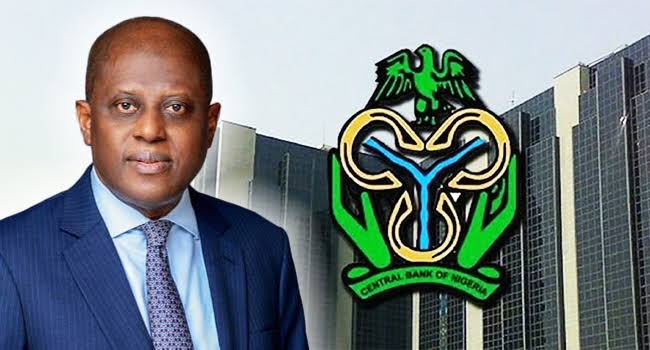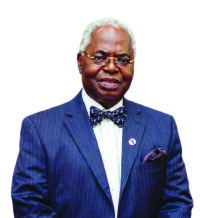By Steve Agbota
The Central Bank of Nigeria (CBN) has raised concerns that the persistent imbalance in trade flows between Nigeria and China may hinder the full realisation of the benefits expected from the bilateral currency swap agreement between the two nations.
Speaking at a breakfast meeting organised by the Maritime Reporters Association of Nigeria (MARAN) in Lagos yesterday, CBN Governor, Dr. Olayemi Cardoso, represented by his Special Adviser on Finance and Strategy, Mr. Anthony Ogufere, described the skewed trade dynamic as a critical challenge that threatens the long-term viability of the deal.
“The imbalance in trade flows constrains Nigeria’s capacity to reap the full benefits of the swap agreement,” he warned.
While acknowledging that the agreement has helped facilitate smoother imports from China, Cardoso noted that Nigeria’s exports remain largely underwhelming, composed primarily of unprocessed raw materials such as crude oil, natural gas, and solid minerals, limiting the inflow of the Chinese yuan and deepening trade disparities.
In 2023, for instance, Nigeria exported approximately $2.51 billion worth of goods to China, in stark contrast to imports from China, which stood at around $20 billion.
“To maximise the benefits of the swap agreement, Nigeria must boost its non-oil exports to China by adding value to the products through processing.
“In addition, Nigeria must be proactive and should use the arrangement to boost manufacturing and infrastructure, instead of importing more consumer goods. We must not import what we can produce”, he explained.
Despite the trade imbalance, the CBN governor emphasised that the Nigeria-China currency swap agreement holds considerable strategic value and continues to offer tangible advantages.
Among the notable benefits, Cardoso highlighted the reduction in transaction costs for Nigerian businesses trading with China. Before the implementation of the swap deal, he explained, Nigerian traders had to navigate complex, multi-layered currency conversions, which increased costs, introduced foreign exchange risks, and caused transaction delays.
“The currency swap agreement streamlines this currency conversion process by enabling settlements of trade in naira and renminbi directly. The deal has also reduced dependency on the dollar, having cut down the dependency by 39 per cent,” he said.
He added that the agreement provides an alternative settlement route, contributing to the country’s foreign exchange reserves by freeing up more U.S. dollars for other essential economic uses.
According to Cardoso, the swap deal enhances Nigeria’s credibility as a trading partner in the eyes of China and the global investment community. By reducing currency conversion inefficiencies and fostering seamless bilateral transactions, it improves investor confidence and could stimulate higher inflows of Foreign Direct Investment (FDI).
“This improved financial and trade integration with China can also unlock greater access to infrastructure development financing, positioning Nigeria as a more attractive destination for long-term investments,” he stated.
The agreement, he explained, also empowers Nigerian banks to issue renminbi Letters of Credit on behalf of importers, thereby facilitating smoother international trade with Chinese businesses. On the flip side, it allows Chinese investors and firms in Nigeria to transact in naira, eliminating the need for a third-party currency, typically the US dollar.
“The agreement was designed to eliminate third-party currency, thereby reducing pressure on dollar reserves, transaction costs, foreign exchange risks, and the turnaround time for trade settlements,” Cardoso noted.
He further emphasised that the swap deal also provides a framework for enhanced regulatory cooperation between Nigeria and China, particularly in areas such as money laundering prevention, financial transparency, and the mitigation of illicit financial flows.
Earlier, in his welcome address, MARAN President, Mr. Godfrey Bivbere, said the association convened the forum in fulfillment of its role as a watchdog of the economy, consistently offering critical analysis and facilitating dialogue on key national economic issues.
According to him, “The Nigeria-China swap deal needs critical examination given the increasing debt burden and Nigeria’s substantial debt to China, as well as other concerns raised by Nigerians.”
“We are aware of the prevailing sentiment among Nigerians, a degree of pessimism regarding the potential negative aspects of this trade relationship and the implications of the currency swap for our economy,” he added.
















Leave a comment